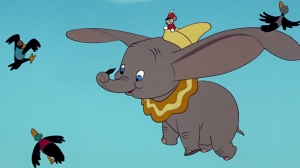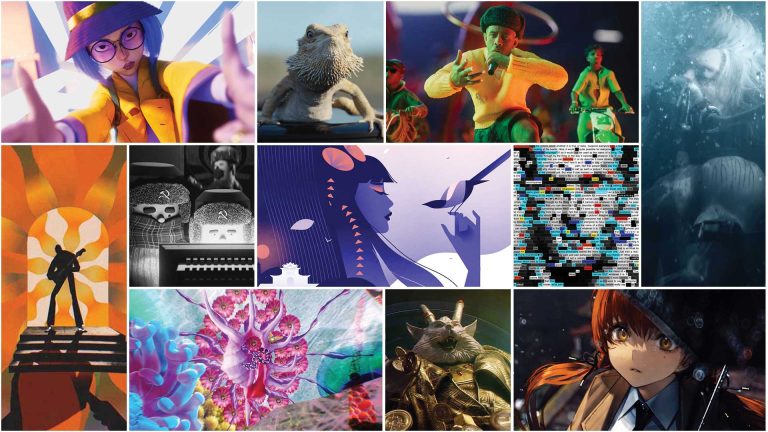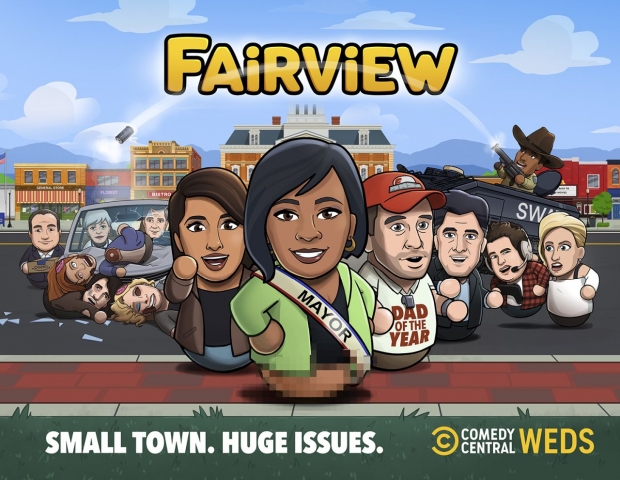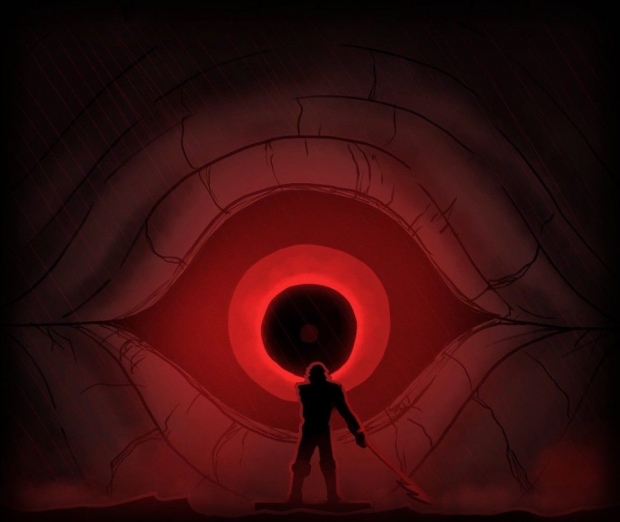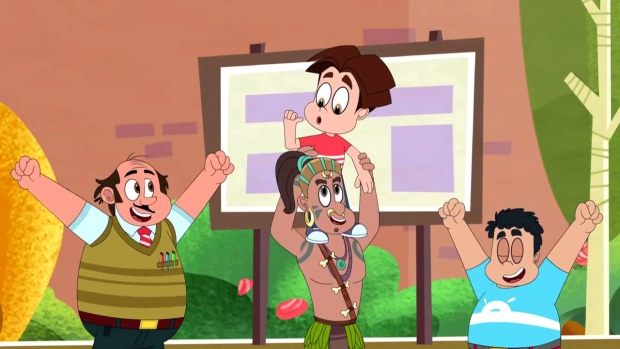Laurén Alexa acts as social content producer and journalist for AWN.
As for Peter Pan, “the film portrays Native people in a stereotypical manner that reflects neither the diversity of Native peoples nor their authentic cultural traditions. It shows them speaking in an unintelligible language and repeatedly refers to them as ‘redskins,’ an offensive term. Peter and the Lost Boys engage in dancing, wearing headdresses and other exaggerated tropes.”
Disney explains the reasoning behind each of the removals in their ‘Stories Matter’ section of their website. For Dumbo, they state, “the crows and musical number pay homage to racist minstrel shows, where white performers with blackened faces and tattered clothing imitated and ridiculed enslaved Africans on Southern plantations. The leader of the group in Dumbo is Jim Crow, which shares the name of laws that enforced racial segregation in the Southern United States.” Back in 2017, Dumbo was chosen for preservation as an addition to the National Film Registry.
Finally, for The Aristocats, “The Siamese cat Shun Gon is depicted as a racist caricature of East Asian peoples with exaggerated stereotypical traits such as slanted eyes and buck teeth.
In the era of cancel culture and controversy, great efforts at political correctness are becoming more commonplace, whether for genuine efforts at inclusivity or simply to avoid consumer backlash. Culling overtly or contextually racist and potentially derogatory content is a huge concern for media outlets, especially in children’s entertainment. Disney is at the forefront of this movement, putting a content warning on The Muppet Show and more recently, pulling the classic films Dumbo, The Aristocats, and Peter Pan from Disney+ due to racist imagery. Adults will still be able to view the films, which will now contain a content advisory warning.


These decisions were announced around the same time six Dr. Seuss books were pulled from further publication, also due to alleged racism. This begs a larger question: when is censorship helpful, and when is it harmful? Do these films and books need to be pulled, or should they remain as a reminder of what was once acceptable, so that people can hopefully understand the hurtful and problematic nature of such messaging and learn why it is patently offensive?
